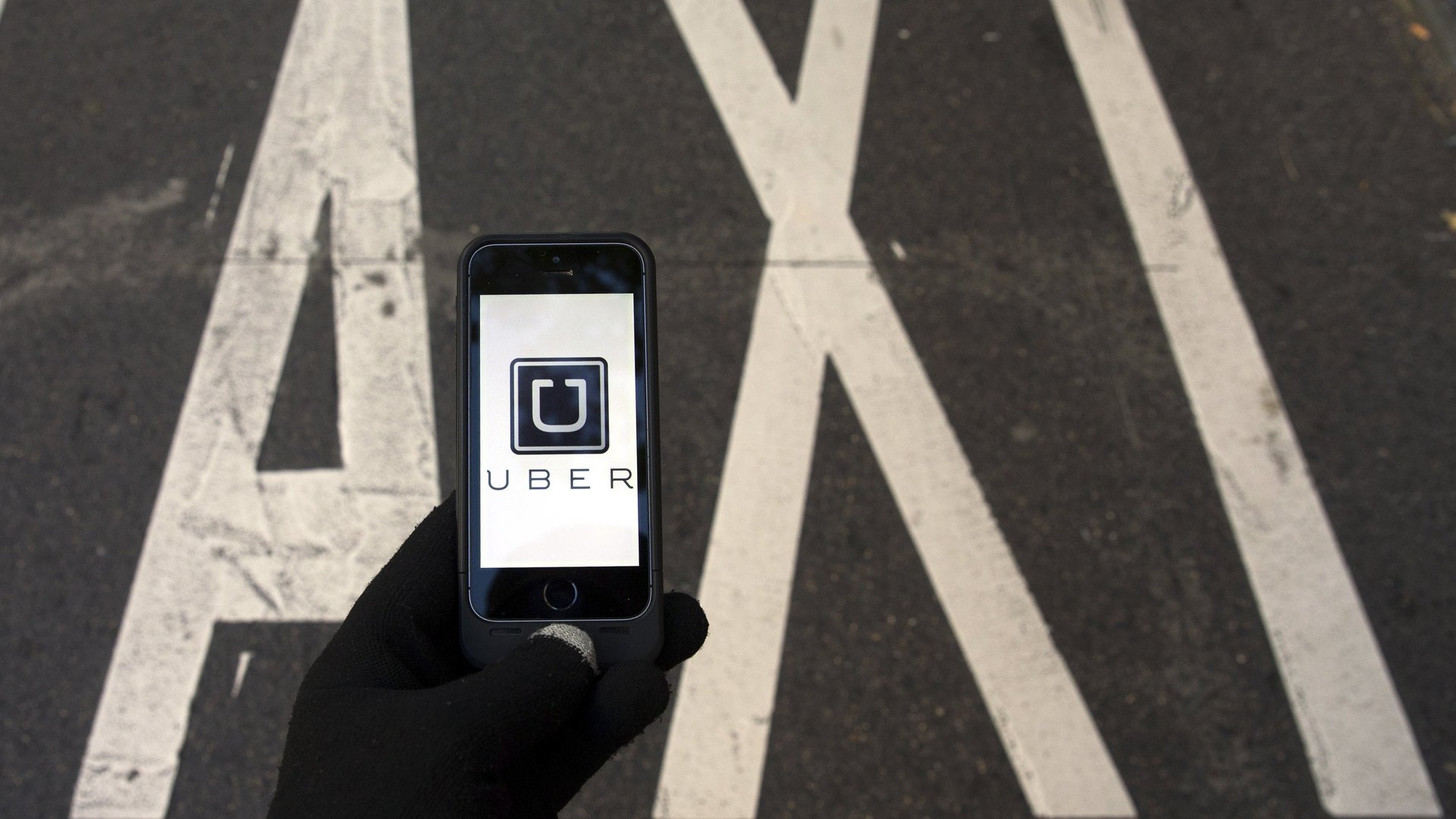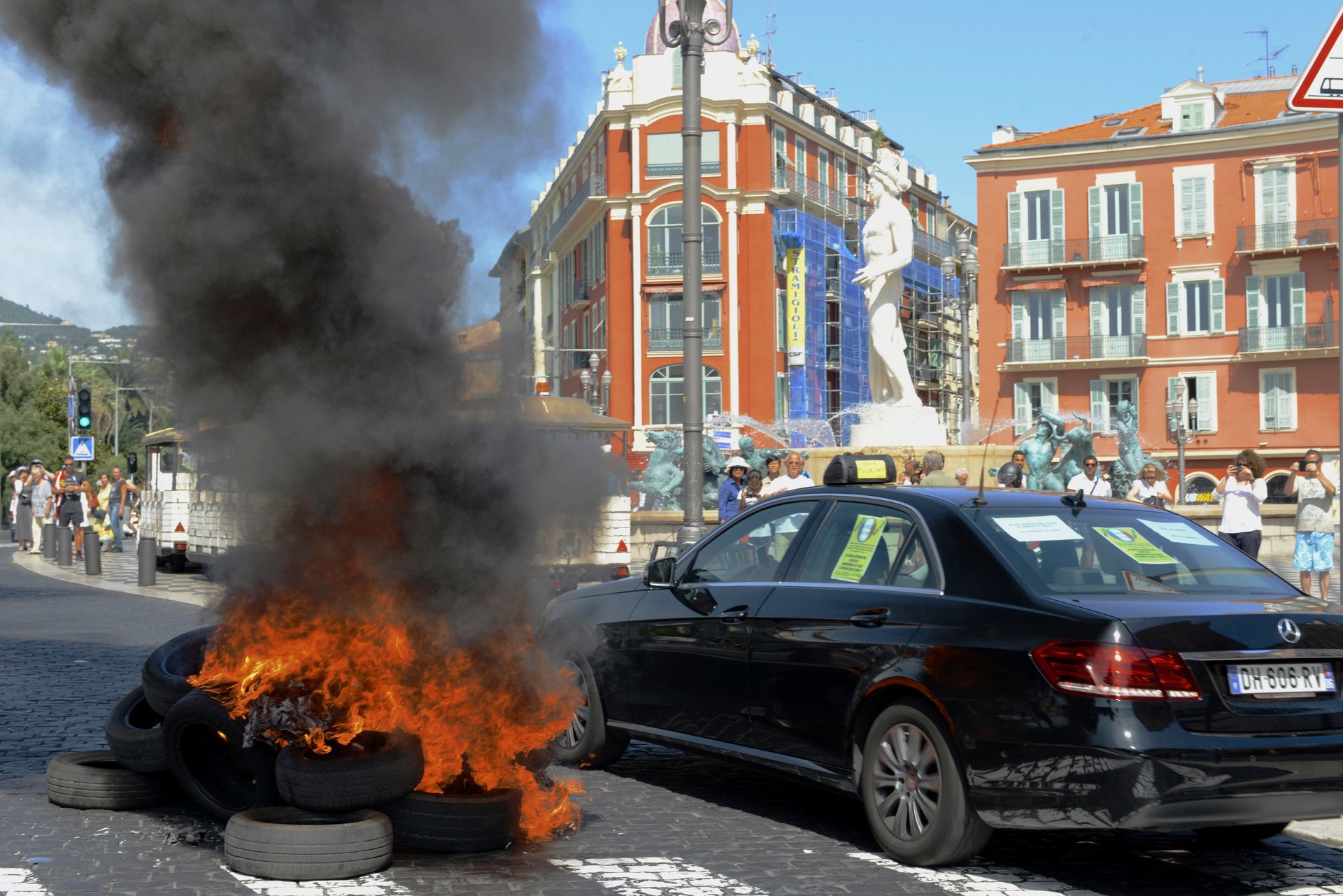South Africa could update its taxi rules so Uber stops tripping up local laws
In two of South Africa’s biggest cities–Johannesburg and Cape Town–Uber is battling to get its drivers licensed.


In two of South Africa’s biggest cities–Johannesburg and Cape Town–Uber is battling to get its drivers licensed.
The ride-sharing app–which garnered more than 2 million rides for the first half of 2015 in South Africa–has been beleaguered by stringent licensing requirements, the intimidation of its drivers and protests by rival meter-taxis.
In Johannesburg, rival metered taxis recently held a protest to complain about Uber drivers who operate without meter-taxi licenses. Yesterday, Uber decided to hire private security guards to prevent further intimidation of its drivers outside hotspot areas in Johannesburg, like the Gautrain terminal and Sandton City.
In Cape Town, more than 200 Uber cars have been impounded since the beginning of the year for not adhering to licensing requirements. As car impoundments and the intimidation of drivers continue, Uber has an ongoing petition in Cape Town–now with 20,536 signatories—in an attempt to convince local authorities to grant licenses to Uber drivers and set out a clearer process for licensing.
Like many other countries where the service is used around the world, South Africa has no regulations governing e-hailing services like Uber. The company has consistently argued it acts as a ride-sharing app that facilitates rides between passengers and drivers, and not as a meter-taxi operator.
Uber’s global regulatory woes have one common thread: some government regulations are outdated, and aren’t agile enough to accommodate innovations like Uber.
Currently, South Africa’s National Land Transport Act only recognizes six categories of private transport services: buses, minibus taxis, metered-taxis, chartered vehicles, lift clubs and tuk-tuks (motorized rickshaws). Uber fits into none of these categories.
In her weekly newsletter, titled: “Uber is a test innovation”, Helen Zille, premier of the Western Cape in South Africa, said the National Land Transport Act was under review, and that a significant amendment would be a sub-category to accommodate e-hailing services. This process is likely to be completed in the coming months, as it would need to be ratified by parliament.
An Uber Africa spokeswoman told Quartz that while Uber would not yet share its position on this proposed amendment, the company is open to working with government to solve the impasse.
Uber has experienced similar protests across the world. Last week, Uber suspended its low-cost offering, UberPOP, in France, after violent protests over licensing requirements. The ride-sharing service has also experienced bans and protests in Brazil, Mexico, Germany, Brussels and Spain as well as some U.S. cities including New York.
